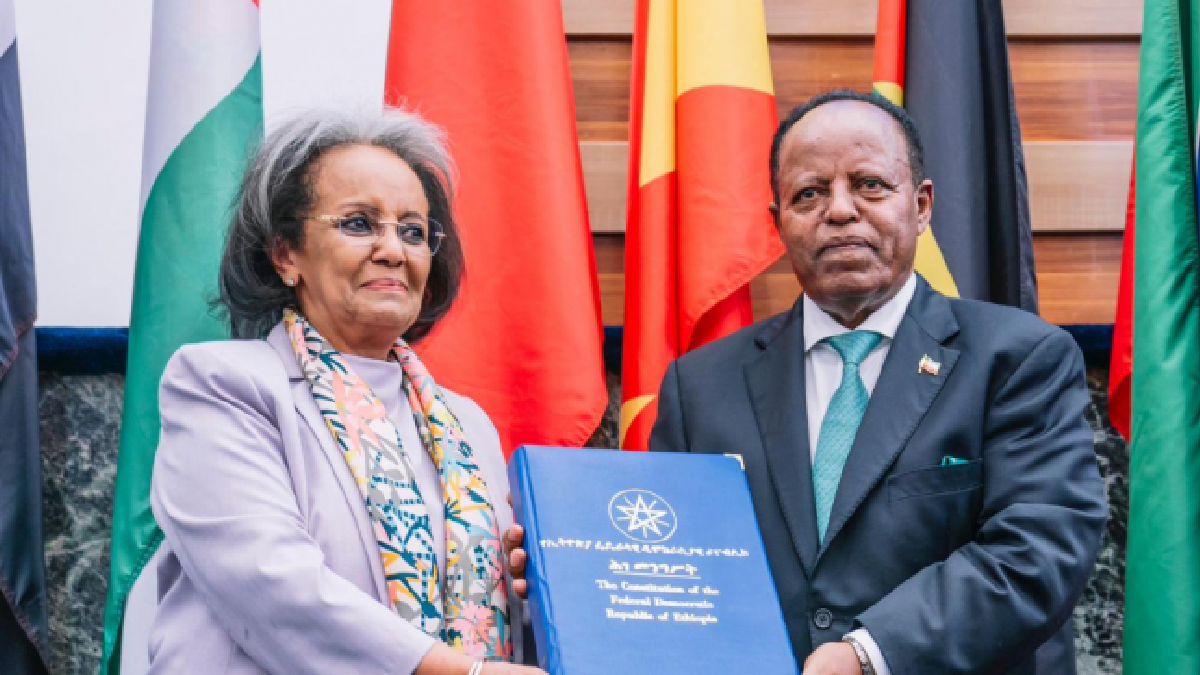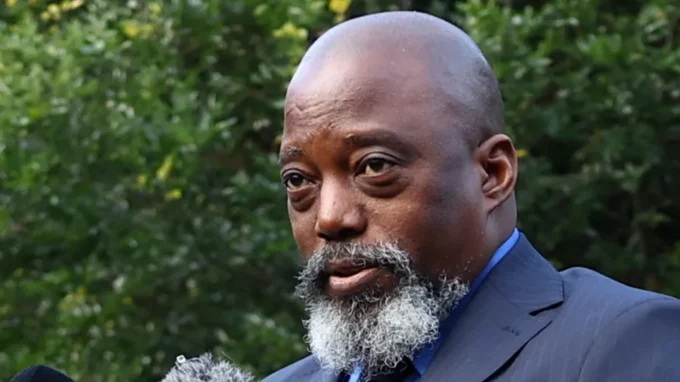The Ethiopian Parliament has approved the appointment of a new president, signaling a shift in leadership amid ongoing political challenges in the country. Taye Atskeselassie, the former foreign minister, has been named to replace Sahle-Work Zewde, Ethiopia’s first female president, who had been a central figure during her tenure. The move comes as the government continues to navigate complex political differences and governance issues.
Sahle-Work, appointed in 2018, had been seen as a groundbreaking figure, not only as the first woman to hold the ceremonial role but also as part of Prime Minister Abiy Ahmed’s initial push for gender parity in the Ethiopian government. Her appointment was seen as a bold step toward empowering women in leadership positions in a country where political power had traditionally been male-dominated.
However, despite her symbolic role in Ethiopia’s political scene, Sahle-Work’s time in office had become increasingly controversial. As president, her powers were limited, with real executive authority resting in the hands of the prime minister, according to Ethiopia’s political system. Still, she was viewed as a figure who could help unify a deeply divided nation.
Political analysts have pointed out that her departure signals more than just a change in personnel. Her resignation, alluded to in a cryptic post on social media platform X, where she quoted an Amharic song about hopelessness, indicates the internal tensions that may have contributed to her stepping down. The post, which hinted at frustrations she faced during her presidency, seemed to suggest that she felt silenced and powerless in addressing the political challenges Ethiopia has been grappling with.
Her replacement, Taye Atskeselassie, has been at the forefront of Ethiopia’s diplomatic engagements as foreign minister for the past eight months. His appointment marks a continuity of political control within the ruling party but also represents a clear shift in how Ethiopia’s leadership intends to handle both domestic and international pressures. While the president’s role remains largely symbolic, it is often viewed as a reflection of the country’s political stability or instability, especially during times of crisis.
The change in leadership comes at a critical juncture for Ethiopia, as the country continues to deal with political unrest, ethnic conflicts, and economic challenges. Prime Minister Abiy Ahmed’s administration has been under increasing pressure to deliver on the promises made at the start of his leadership, particularly in terms of political reforms and national reconciliation.
Abiy’s government has been navigating a tense political landscape, with ongoing conflicts in various regions of the country, including Tigray and Oromia. Despite some progress in diplomatic relations and economic growth, internal strife and discontent have persisted, making governance more difficult.
Taye’s appointment could serve as an opportunity for the government to project a more stable and unified front, especially as Ethiopia seeks to rebuild trust within its borders and strengthen ties with its neighbors and international partners. However, with Sahle-Work’s quiet departure, it remains to be seen whether her exit will have a broader impact on the country’s political future or whether the leadership change will merely be another chapter in Ethiopia’s long and complex journey towards peace and stability.














Leave a comment